Yale doctor: U.S. should 'have lockdown for as long as possible' amid coronavirus
Talks of reopening the U.S. amid the coronavirus pandemic are increasing, as many deem it to be an essential way to bring normalcy to the economy and Americans’ lives.
At the same time, some public health officials are warning that social distancing restrictions should stay in place as confirmed cases continue to rise and testing ramps up.
“The most important thing would be to have lockdown for as long as possible to get it tamped down to a manageable number,” Howard Forman, a professor of management and public health at Yale University, told Yahoo finance (video above). “South Korea has proven that. Top to bottom, we had seven weeks in South Korea, and they are managing opening up the economy in a way that I have 100% confidence will work. It’s not to say they won’t have tiny little campfires break out, but they’re not going to have another forest fire.”
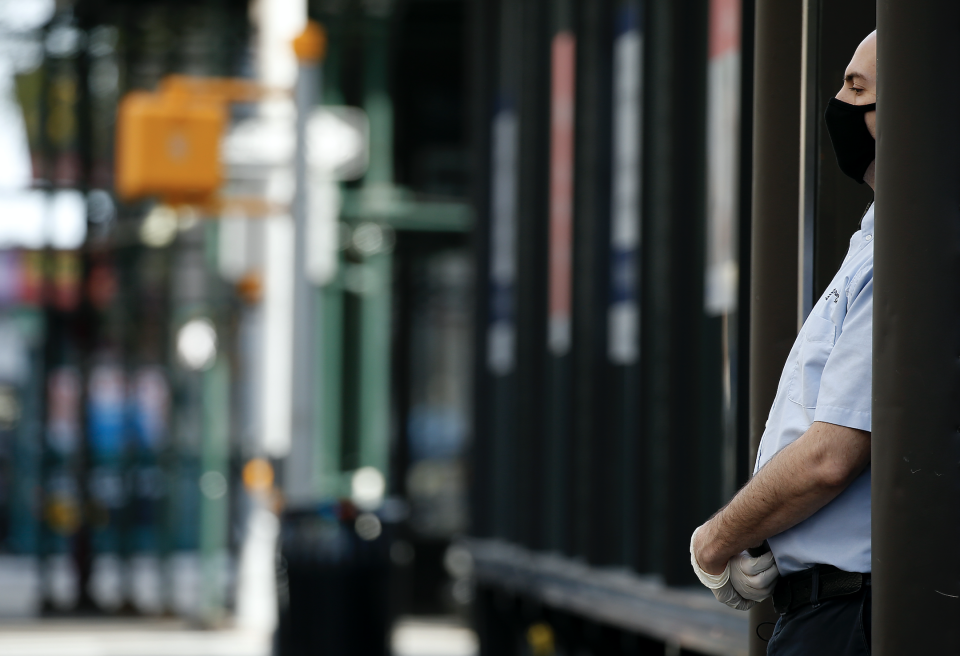
South Korea has received praise from around the world for its handling of the coronavirus within its own borders. The country is one of the few that’s been able to significantly flatten the curve since its first case was reported back in January.
Public health officials used contact tracing to figure out where people who tested positive had gone and interacted with. They are also using GPS phone tracking, surveillance camera records, and real-time alerts for where infected people had been.
“We need to follow that pattern because seven weeks is an achievable thing that doesn’t break our economy,” Forman said. “But if we have to go through seven or 10 weeks and then do it again in three or four months, we have a disaster on our hands.”
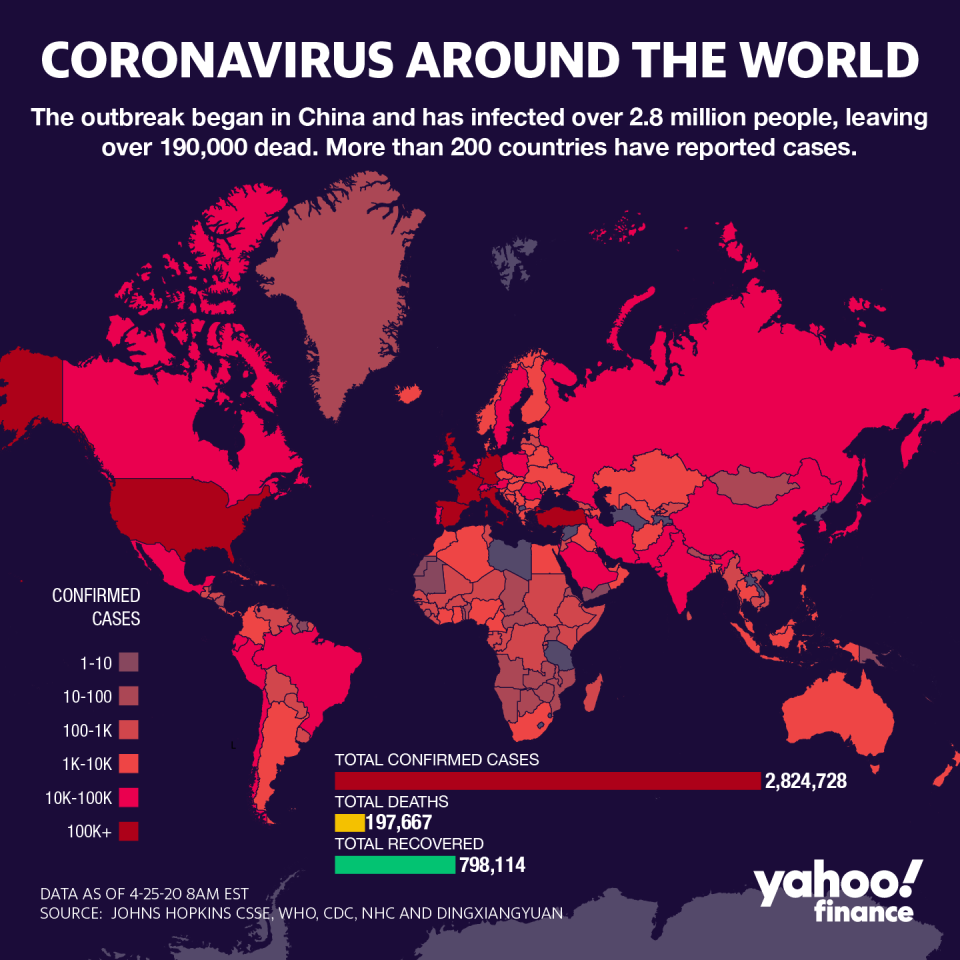
‘I’d love everything open’
Most states have implemented some form of stay-at-home restrictions in order to limit travel and movement to essential tasks and duties.
Yet, some state leaders, like Georgia Gov. Brian Kemp and Las Vegas Mayor Carolyn Goodman, have indicated they intend to reopen their jurisdictions as soon as possible.
Kemp announced earlier this week that Georgia would be re-opening its gyms, bowling alleys, tattoo parlors, barbers, hair and nail salons, massage therapists, theaters, and dine-restaurants as long as they followed strict guidelines. The move still went through on Friday.
Other states like South Carolina, Tennessee, Texas, Oklahoma, Vermont, Florida, Ohio, Montana, Idaho, and Mississippi have unveiled their own versions of reopening plans.
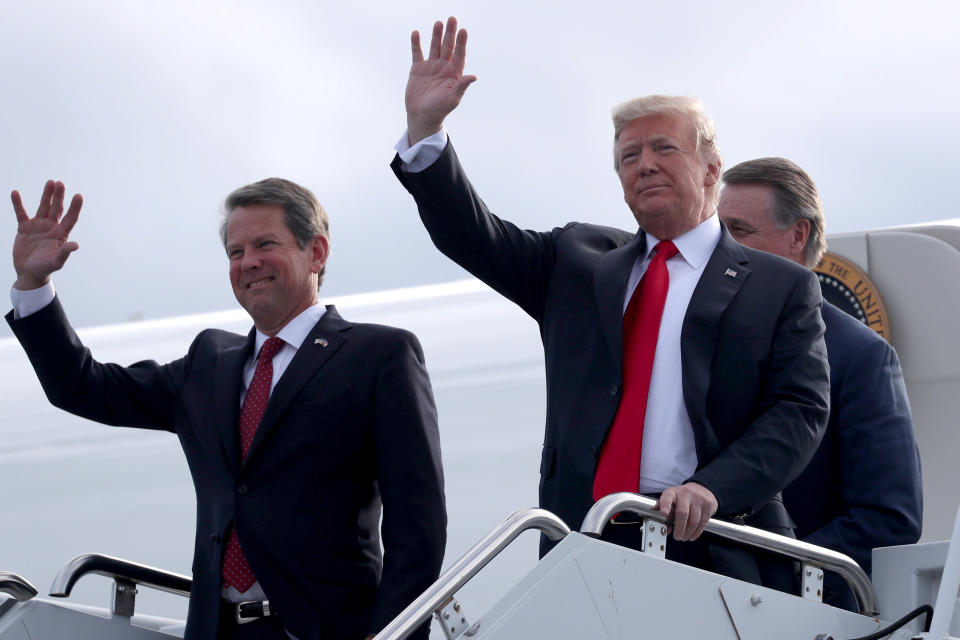
Meanwhile, in an interview with CNN, Goodman said she’d “love everything open.” But in order for the U.S. to reach that point, more tests need to be available, a piece that Forman described as “always been missing.”
“We’ve need to get to the point where we could be testing everybody who has symptoms, and also being able to test people who are contacts,” Forman said. “But as you tamp this down, as you get it to a point where instead of having a half percent of the population having a new infection every day, you get it down to a more manageable number, that’s when you really want to be able to put out the fire completely. And at the same time, mitigate the effects of relaxing lockdown restrictions so that we can move the economy forward.”
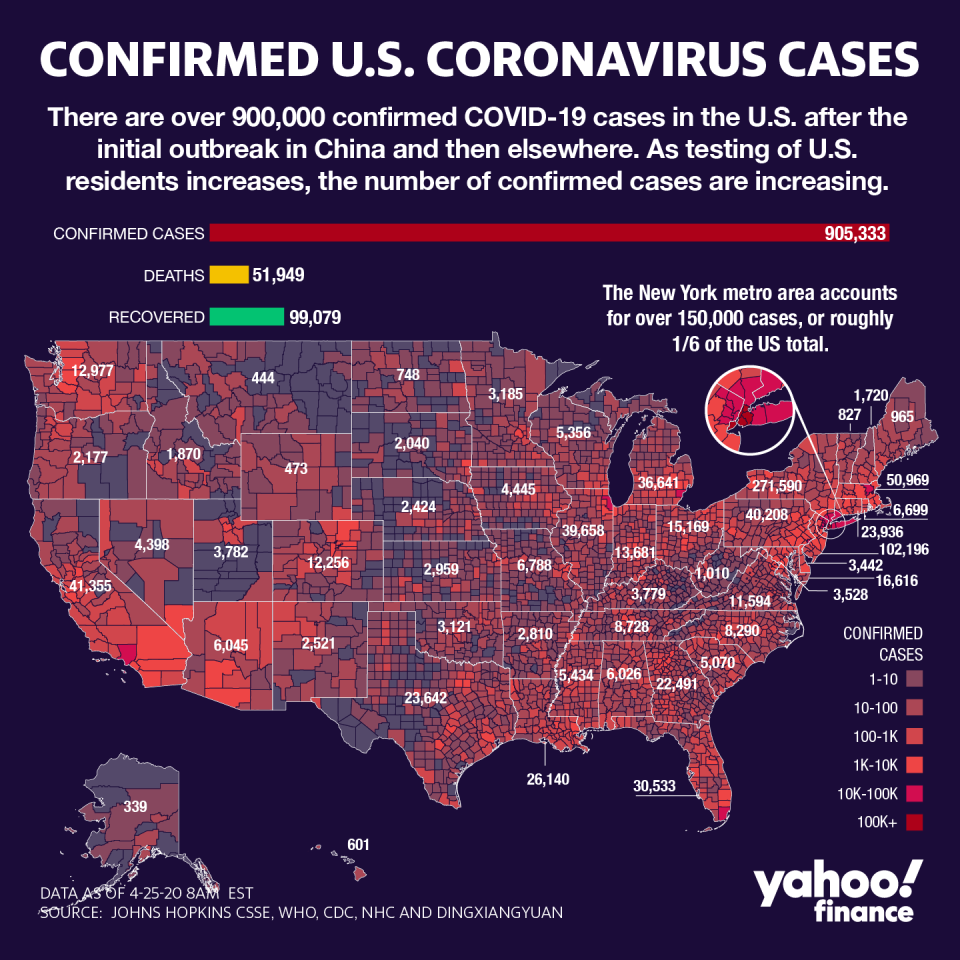
‘We don’t know very simple answers’
Although Forman doesn’t think there is still a testing shortage, he would like to see more testing options, since many have been fast-tracked without going through the FDA approval process.
Many are hoping that antibody testing is a step towards loosening social distancing restrictions. In New York City, the U.S. epicenter of the outbreak, 1,300 people were tested for coronavirus antibodies. More than 21% were found to have them, according to Gov. Cuomo.
“We don’t know very simple answers to questions like: Does positive antibodies mean immunity?” Forman said. “We don’t know how much immunity means. And we don’t know how reliable those results are. So we must get those answers in the next few weeks. I’m less concerned about the capacity than I am getting the answers to those questions, which is the ultimate root of this.”
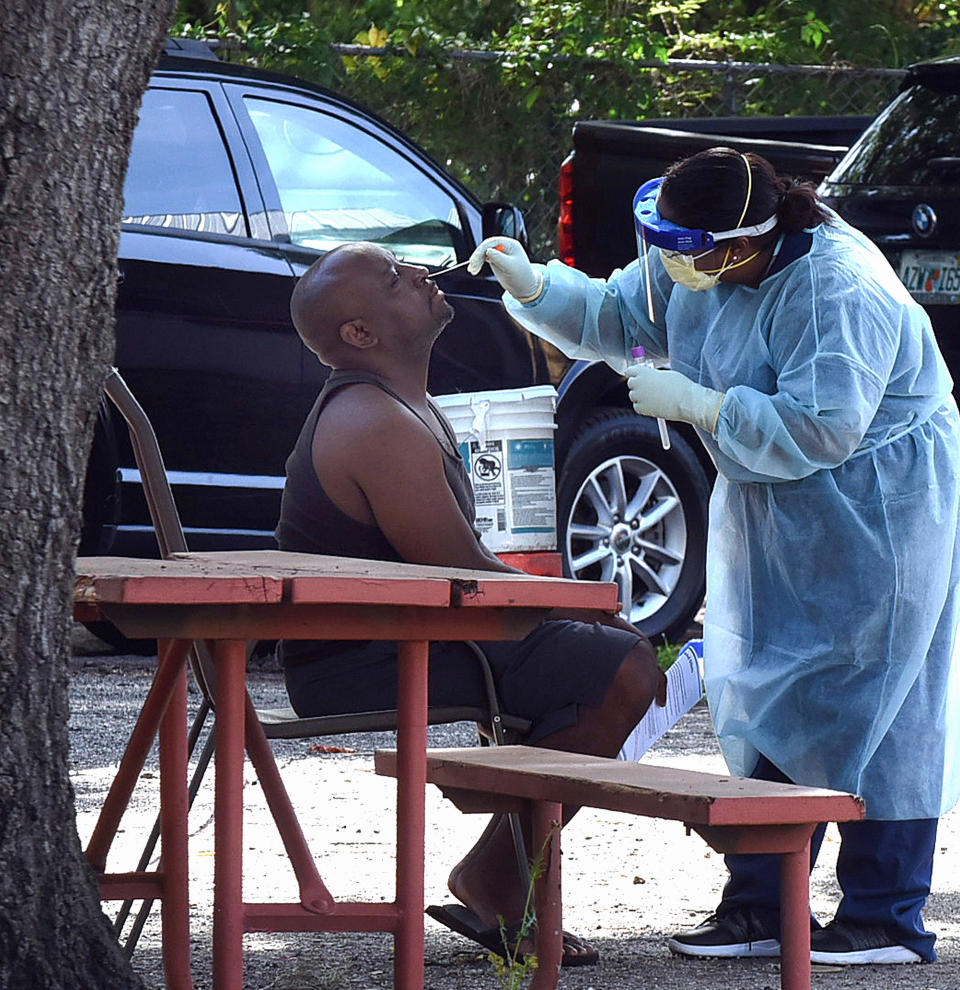
Until more is learned about the virus, Forman is trusting the word of the scientists studying the outbreak and looking for a cure.
“I’m not a vaccinologist, and I’m not a virologist,” he said. “I’m relying on scientists who have a lot of optimism that we can get a vaccine out. But even that still has hurdles to it. It’s good to know that there are several different products that are moving along so that we can hope for at least one to be successful. And then I am optimistic that we will have something in that timeframe, the 12-to-18 month timeframe that has been repeated so often.”
Read more:
Michigan ER doctor: 'I'm extremely concerned' about talk of reopening society
ER doctor: Coronavirus treatment is 'an enormous logistical nightmare'
'That’s all I see': ER doctor details 'surge' of coronavirus patients
Read the latest financial and business news from Yahoo Finance
Follow Yahoo Finance on Twitter, Facebook, Instagram, Flipboard, SmartNews, LinkedIn,YouTube, and reddit.
